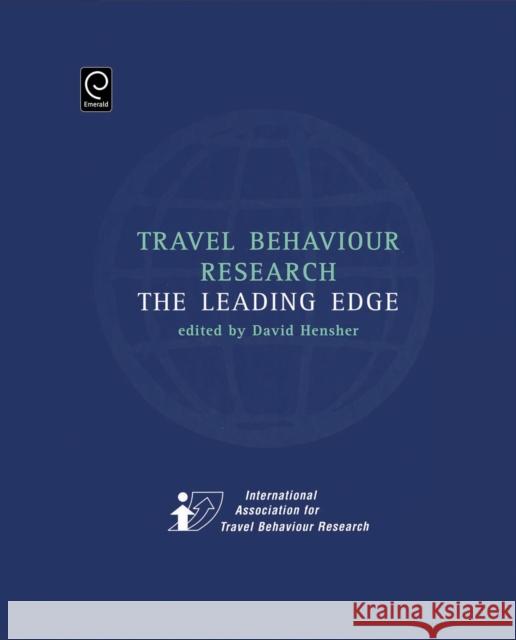Travel Behaviour Research: The Leading Edge » książka
Travel Behaviour Research: The Leading Edge
ISBN-13: 9780080439242 / Angielski / Twarda / 2001 / 940 str.
Developments in methodology and applications in travel behaviour research continue to diversify to capture the growing complexity of human travel activity and coping strategies. The random utility theory (RUM) paradigm on which many econometric and empirical studies have been based since the mid-1970's has been challenged by the bounded utility maximisation or satisficing paradigm. More recently, the rules-based paradigm from psychology has attracted considerable interest and shows signs of offering a serious 'alternative' paradigm to RUM. This book highlights the competition between these ideas and shows how the rules-based paradigm has opened up opportunities to reflect the activity-based decision-making process. In six specially commissioned resource papers - including one by Nobel laureate Daniel McFadden - it describes the state of the art in travel behaviour research, from the fundamentals of data collection to the frontiers of e-commerce. The next 14 chapters then set out a series of research directions for ongoing inquiry. Thirty-three further chapters then offer detailed leading edge contributions within seven themes: methodological developments in choice analysis; longitudinal perspectives in choice modelling; incorporating schedules, uncertainty and reliability; challenges facing micro-simulation; integrated transport planning models; driver information and route choice; and data structures. Based on research presented at the Ninth International Conference of the International Association for Travel Behaviour Research (IATBR), this volume captures major developments in the field since the publication of the last IATBR volume in 1998, and will therefore be of value to all researchers and practitioners needing to keep abreast of current work on travel behaviour.











